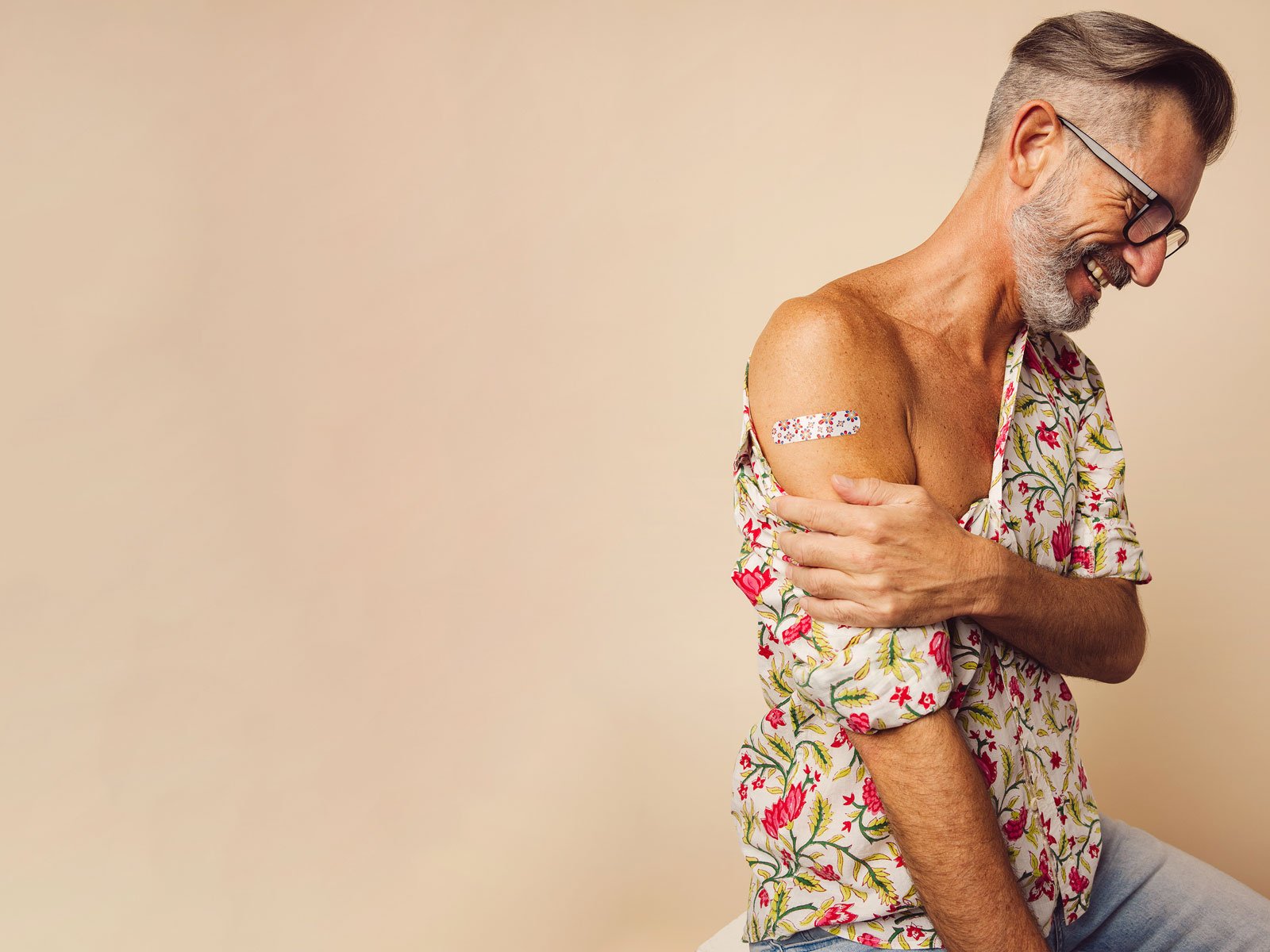Mpox (formerly monkey pox) is caused by a virus from the same family as the virus that causes smallpox. There are two types the virus called ‘clades’ that cause the disease mpox - clade I in Central Africa and clade II in West Africa.
In 2022, a new emerging subclade of clade II was responsible for a global epidemic that spread mainly through sexual contact among men who have sex with men. Although the clade II epidemic is now under control, it continues to circulate worldwide.
On August 14th, 2024, the spread of mpox clade I in endemic regions of Central Africa, particularly in the DRC, prompted the WHO to declare a public health emergency of international concern (PHEIC) for the second time in two years.
